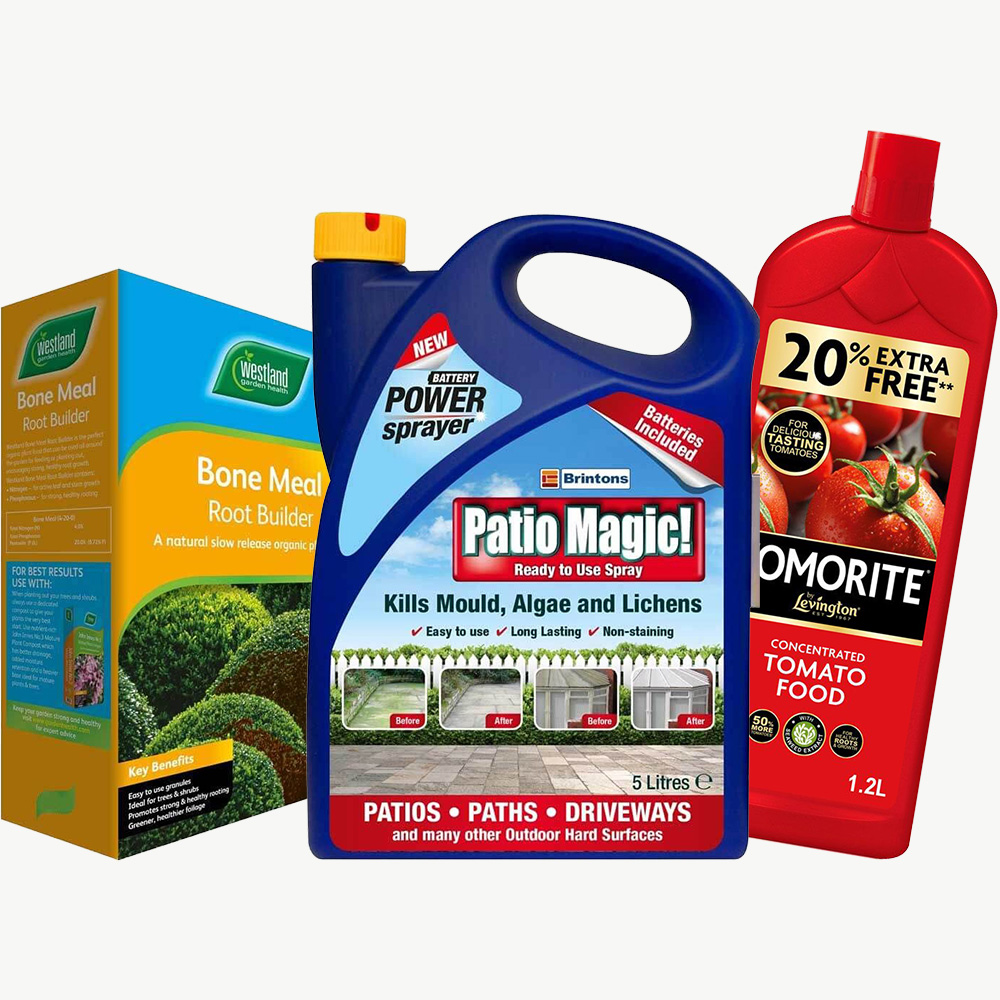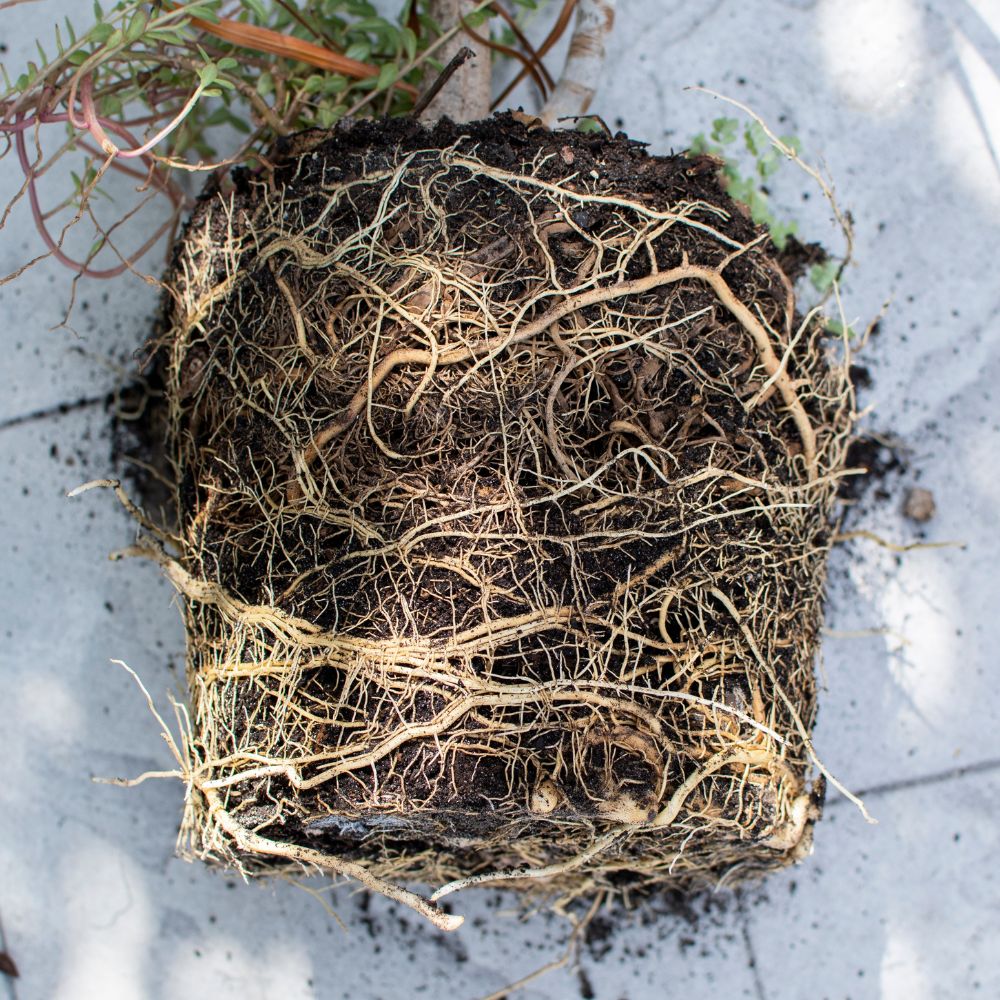Gardening for Beginners – How to Feed your Plants
Your plants cannot survive on water alone – especially container plants. Giving them that extra nutrient boost allows them to flourish stronger and healthier. For fruit and vegetables this can often result in a larger yield too! Follow along with the latest edition for Gardening for Beginners with British Garden Centres.
Why Feeding your Plants is Vital
Plants that benefit the most from fertiliser are Bedding plants, fruit and veg. Ornamental trees and shrubs may not need regular feeding, but it still goes a long way.
Plant feed is especially important for container gardens, as these have incredibly limited resources. You should aim to feed your plants once in spring, summer and Autumn to maintain soil fertility. Most fertilisers will be NPK based – this is Nitrogen, Phosphorus and Potassium.
Nitrogen – Bolsters lush, leafy growth
Phosphorus – Helps roots grow healthier, bigger and generally hardier
Potassium – The key ingredient for more flowers and fruits whilst also helping the plants general hardiness.

How to Feed your Plants
All you need to feed your plants is either a watering can, a trowel/scoop and some appropriate feed! Keep an eye on your plants growth, look out for any signs of Nutrient deficiency. This can range from yellowing leaves, stunted growth and poor flowering.
Liquid Feed – Soluble fertilisers such as powders, liquids and a few pellets can easily be diluted into your watering can for quick application. Pour directly onto the soil, making sure you avoid the leaves as this can cause scorching. Liquid feed is often best for bedding and container plants.
Pellet Feed – With insoluble feed, apply a light top dressing around the base of the plant and carefully pat down into the soil with a trowel/spade. Typically, these types of feed are used at the start of growing season to give your plants a great head start. Always use the recommended dosage, as over compensating can cause root damage

Our Top Types of Feed
If your unsure on what is best for you, have a browse in your Local British Garden Centre for a vast selection suited for any garden. Here are some of our top picks for specialist and all-purpose gardens.
For any tomato growers this season, there are plenty of specialist options. Westland Big Tom Super Tomato Food is perfect for bigger, healthier tomatoes and easily mixes with water for quick application. Or Levingtons Tomorite to help boost your yield by up to 50%!
With a diverse garden and all-purpose feed goes a long way for ease of use. Miracle-Gro All Purpose Soluble Plant Food is perfect for all plants, flowers and vegetables! Simply dissolve into your watering can and pour directly onto the soil!
For ericaceous gardens and plants, a more acidic feed can bolster growth greater than all-purpose. Miracle-Gro Ericaceous Concentrate covers all basis, but you can also find specific formula for Azalea, Camellia & Rhododendron.

Issues you May Encounter
When feeding your plants, there’s a few things you need to be aware of to ensure maximum growth.
Firstly, make sure your soil is not compacted, for the feed to properly penetrate the soil needs to be fine. Be aware of over-application, especially with potassium. Potassium can hinder the plants ability to intake Magnesium, causing magnesium deficiency. This leads to yellow leaves and early leaf fall.
If plants are under a form of stress (i.e root damage or drought) do not feed them until they have fully recovered as you risk harming them more.































